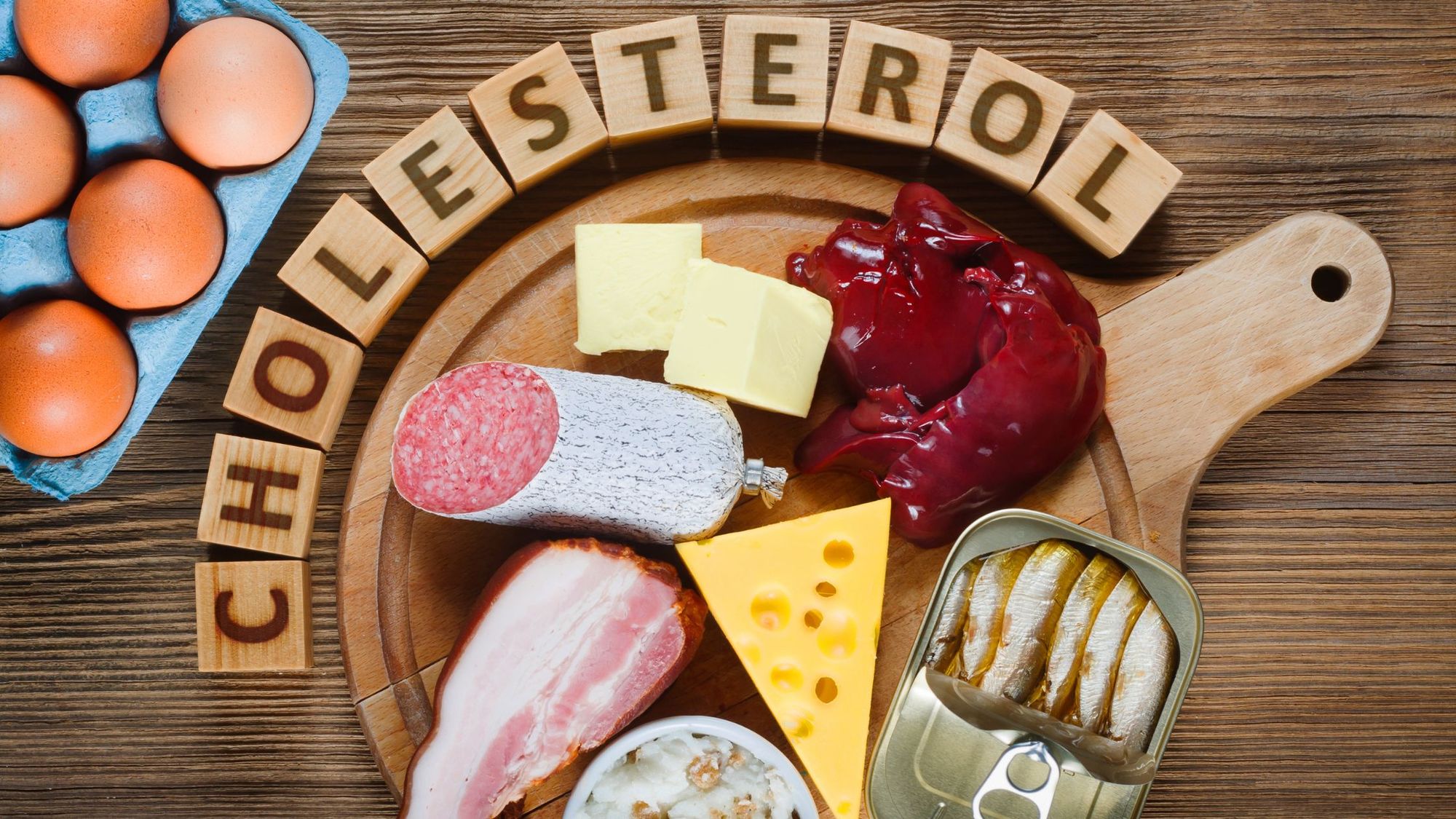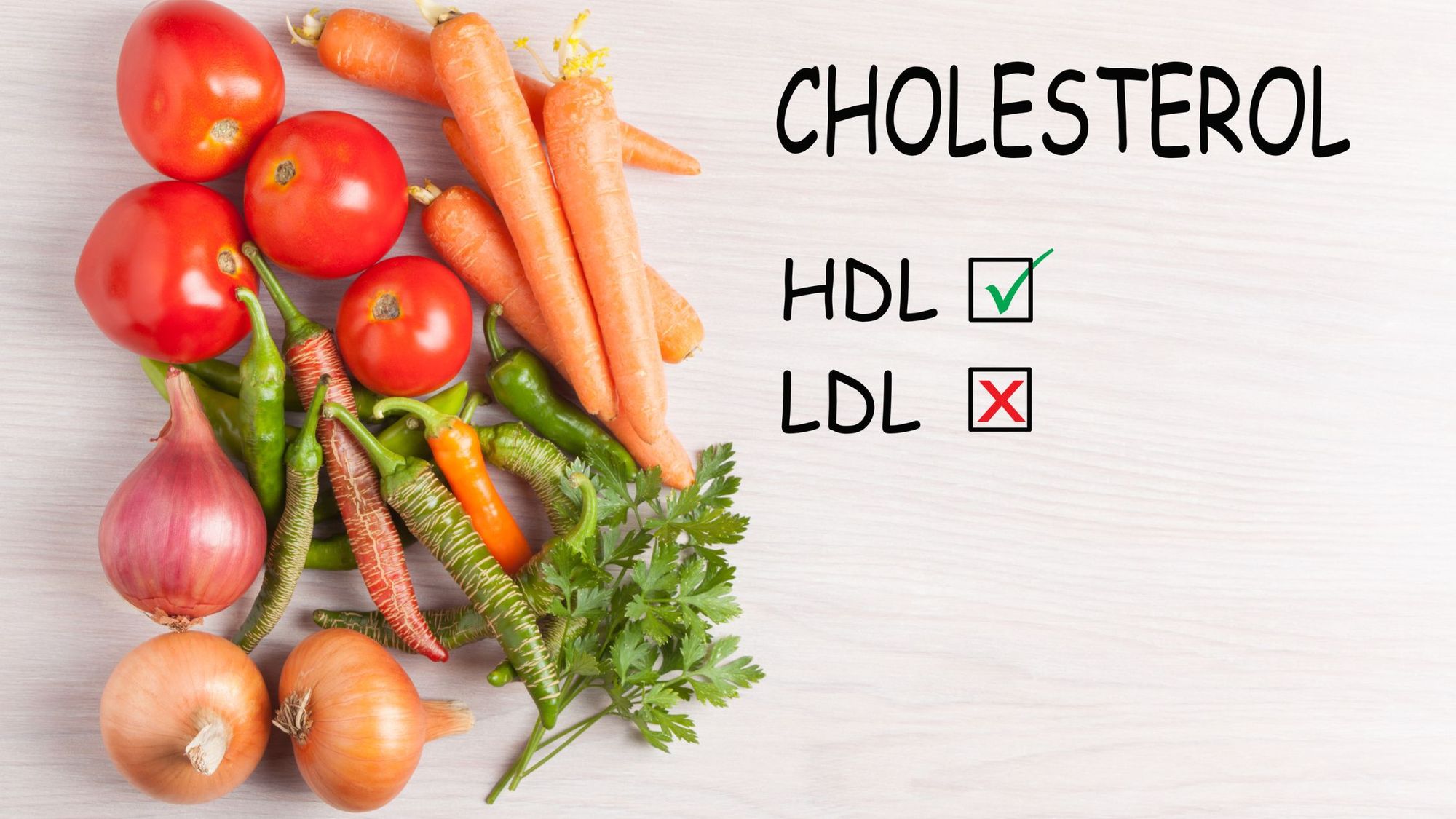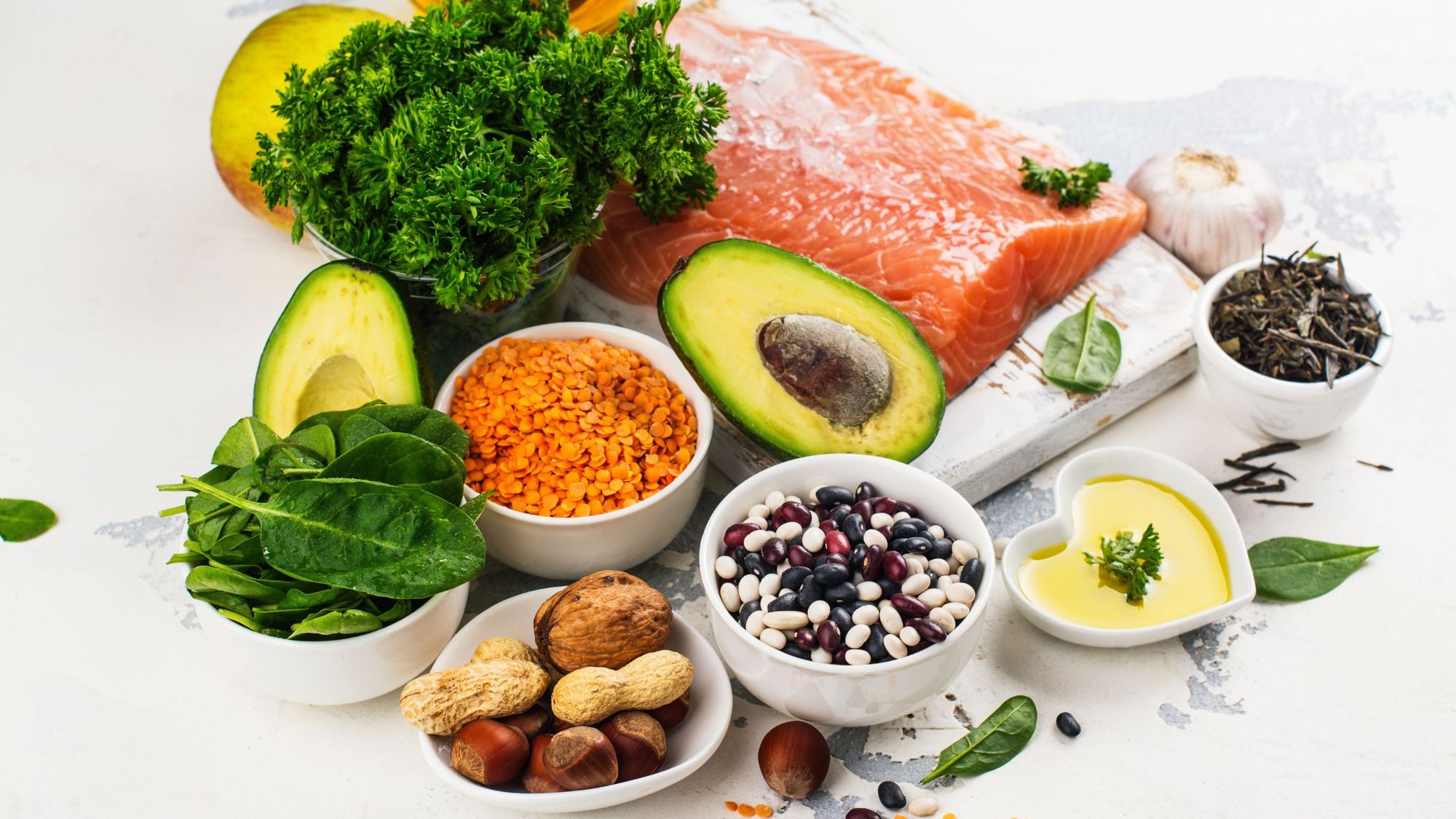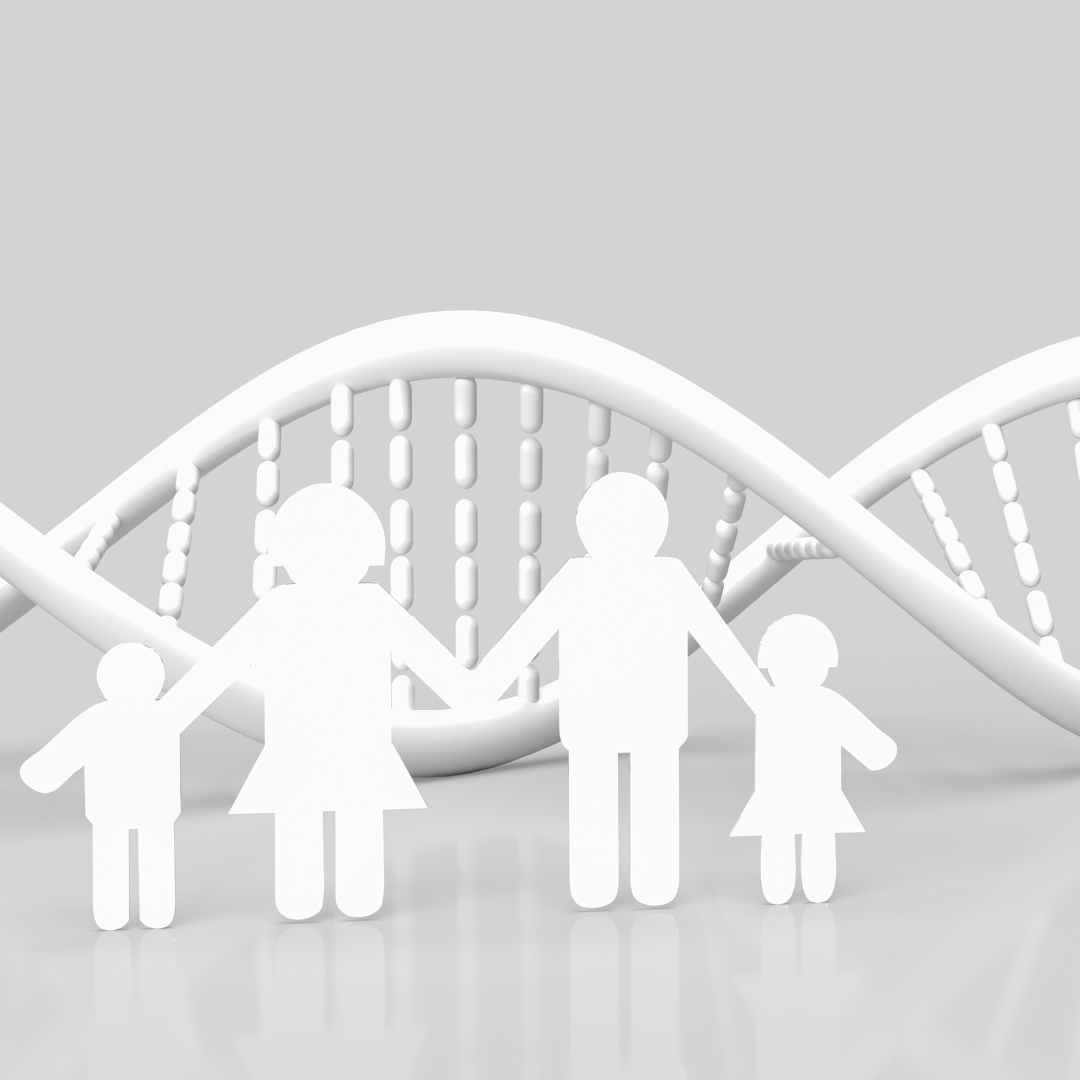
Consuming the right amount of cholesterol per day is more important than you may realize, even at a young age. Many people assume cholesterol is something they need to consistently avoid, while others don’t worry about their cholesterol levels at all.
However, high cholesterol levels are frequently linked to an increased risk of heart attacks, high blood pressure, blood clots, stroke, and other health problems. However, not all cholesterol is bad.
HDL or “good” cholesterol can improve your cardiovascular health, minimize plaque build up, and reduce dangerous levels of LDL (bad) cholesterol.
Unfortunately, getting the right amount of positive cholesterol into your diet can be complicated. Though doctors used to recommend consuming no more than 300 mg of dietary cholesterol per day, these guidelines changed in 2015, as our understanding of the human diet evolved.
Here’s what you need to know about getting the right amount of cholesterol per day.

Defining Cholesterol: HDL vs LDL Cholesterol
When planning to consume the right amount of cholesterol per day, it’s important to ensure you’re focusing on the right type of cholesterol. Cholesterol is simply a thick, waxy substance, produced in the liver. It can either help the body perform specific functions, or harm your wellbeing.
Not only can you produce cholesterol naturally, but you can also find it in some of the foods you eat, particularly animal products. When you eat foods containing cholesterol, you’ll increase either your LDL, or HDL cholesterol levels:
LDL: Low-density lipoprotein cholesterol, or “LDL” is the “bad” type of cholesterol. This is the substance most likely to build up in your arteries, causing circulatory issues, and a range of cardiovascular problems. While LDL cholesterol is often labelled as “bad”, we do need some of this substance to help transport molecules around the body.
HDL: High-density lipoprotein cholesterol, or “HDL”, is the “good” form of cholesterol. This substance absorbs excess LDL and transports it back to the liver, where it can be excreted in your waste. Higher levels of HDL prevent the “bad” cholesterol from building up in your arteries, and reduces your risk of internal plaque.
Why Monitor Your Cholesterol Per Day?
We all need a certain amount of cholesterol in our bodies to keep us healthy. Maintaining the right cholesterol and “triglyceride” levels reduces your risk of heart disease, and combats “Dyslipidaemia”, a condition wherein the lipid levels in your blood are out of balance.
Cholesterol is important to many of the body’s essential functions, including:
Vitamin D production: Good cholesterol can transform into vitamin D when the body is exposed to sunlight. This vitamin is distributed throughout your body, and used to keep bones, muscles, and teeth healthy.
Hormone production: The endocrine system uses cholesterol in the development of important hormones, including cortisol, testosterone, and estrogen. These hormones are essential for sexual function, growth, development, and mood management.
Cell building: Cholesterol is used by the cells to build membranes which protect them against unwelcome invaders and damage. Cholesterol also helps stop lipids in the body from crystalizing and hardening when exposed to fat molecules.
Bile manufacturing: The body uses cholesterol to produce bile acids in the liver. These acids are necessary for breaking down fats during digestion, and removing waste from the liver.
The body can produce most of the cholesterol it needs to maintain good health within the liver. However, your dietary choices can cause an imbalance in your lipid and cholesterol levels, which prompts the need for additional dose of dietary cholesterol per day.

How Much Cholesterol Per Day is Advised? Dietary Guidelines
Calculating how to ingest the right amount of cholesterol per day is complex. Your required levels will vary depending on a number of factors. For instance, if your DNA test reveals you have a higher risk of cardiovascular conditions in your family, you may need to consume less LDL cholesterol, and increase your intake of HDL cholesterol.
The Dietary Guidelines for Americans laid out by the USDA suggest there’s no specific amount of cholesterol you need to consume every day. Instead, this document suggests people should eat as little dietary cholesterol as possible, while carefully monitoring their intake of different types of fat.
Certain fats can significantly increase or decrease your LDL and HDL levels. Here are the recommendations for the three key types of fat connected to cholesterol:
Trans Fats
Recommendation: Eat little to no synthetic trans fats whenever possible.
Trans fats are the artificially produced fats you typically won’t find in healthy foods. They occur when food producers add hydrogen to vegetable oils and similar substances. Trans fats can make foods more “shelf-stable”, and improve the texture and taste of certain products. They’re also inexpensive to produce, making them appealing to many food brands.
However, Trans fat consumption is linked to lower HDL cholesterol levels, and higher LDL cholesterol. These substances can also increase your risk of chronic inflammation.
Saturated Fats:
Recommendation: Limit saturated fats to less than 10% of the calories you consume each day.
When you’re trying to eat the right amount of cholesterol per day, it’s important to reduce your intake of saturated fats. Typically found in animal products such as dairy, meat and eggs, these substances can increase your LDL levels, and your risk of heart disease.
Saturated fats are particularly common in oils which are solid at room temperature, such as coconut and palm oils. Many highly processed foods contain saturated fats.
Unsaturated Fats:
Recommendation: Replace saturated and trans fats with unsaturated fats whenever possible.
There’s no limit on the number of unsaturated fats you can include in your diet. Unsaturated, or “healthy” fats can be extremely beneficial. The body needs these fats for energy, cellular function, and nutrient absorption. In particular, you should focus on monounsaturated and polyunsaturated fats.
Monounsaturated fats can reduce the LDL levels in your blood. You can find these substances in olives, canola, peanut, and sesame oils. Polyunsaturated fats simultaneously reduce bad cholesterol, and increase your vitamin E levels. You can find these fats in corn oils, walnuts, seeds, tofu, and soybeans.
Calculating the Ideal Cholesterol Intake
In the past, the USDA suggested the average person should consume no more than 300 mg of cholesterol per day.
People with a genetically higher risk of heart disease were advised to eat no more than 200mg per day.
In recent years, ideal cholesterol intake has shifted away from an exact recommended daily allowance.
Since there are now no guidelines on the exact amount of cholesterol per day to consume, it’s important to calculate your own specific needs. Often, this process begins with finding out your current cholesterol levels, through a blood test.
Once you know whether you already have high levels of HDL or LDL cholesterol in your system, you can adjust your diet accordingly. People with high levels of LDL cholesterol will need to lower their saturated and trans fat intake, and increase their intake of healthy fats for HDL cholesterol.
It’s also worth keeping a close eye on your triglyceride levels. Triglycerides are one of the body’s main sources of energy. However, high triglycerides can contribute to heart and blood diseases. A cholesterol test will reveal your triglyceride, HDL, and LDL levels.
Managing Cholesterol: Foods to Eat and Avoid
Consuming the right amount of cholesterol per day means reducing your LDL cholesterol intake, and increasing your HDL cholesterol levels, wherever possible. Certain foods can increase your LDL and contribute to dangerous triglyceride levels. High LDL foods include:
- Deep-fried foods
- Red meat
- Processed meats
- Pork
- Poultry
- Dairy foods
- Processed snacks (cakes, chips, cookies)
While you don’t need to eliminate these foods from your diet completely, it’s important to ensure you’re eating a balanced diet. Increasing your HDL levels with certain foods will help to keep your LDL levels under control. Some of the best foods for increasing HDL cholesterol include:
- Olive oil
- Fresh produce (fruits and vegetables)
- Soy products
- Legumes
- Whole grains
- Seeds and nuts
- Fatty fish (tuna, trout, and salmon)
Most foods high in HDL cholesterol are plant-based, and feature a range of dietary benefits, including increased fiber, vitamins, and minerals. Foods with high levels of soluble dietary fiber are particularly effective at preventing high LDL cholesterol. The fiber binds with LDL cholesterol molecules, and allows your body to remove these substances in your waste.
The Risks of Consuming Too Much Cholesterol
While increasing your consumption of HDL cholesterol per day can improve your heart health, consuming too much LDL without the right HDL in your diet can increase your risk of various conditions. High LDL levels lead to a greater risk of atherosclerosis, a condition where excess cholesterol levels build up in the arteries, forming plaque and prompting blood clots.
Blood clots can cause heart attacks, or a stroke, depending on whether the clot is in an artery leading to the heart or brain. If you discover you do have high cholesterol, changing your diet to increase your intake of HDL cholesterol can help.
Cut down on your intake of saturated and trans fats, and consider implementing other lifestyle changes to control bad cholesterol, such as:
- Exercising regularly
- Keeping stress under control
- Quitting smoking or tobacco use
- Practicing good sleep hygiene
- Reducing your alcohol intake
If your cholesterol levels are too high, your doctor might also prescribe medications designed to reduce your LDL levels and protect your heart.
Adjusting Your Diet for Healthy Living
The amount of cholesterol per day you should consume varies depending on a range of factors. A DNA test can help you to identify whether you have any increased risk of cardiovascular health problems in your DNA, which could help you to determine if you need more HDL in your diet.
Once you know your risk levels, you can speak to your doctor about maintaining the right cholesterol levels, and pay close attention to the information included on food labels. Most foods will provide an insight into the total fat, saturated fat, and cholesterol present in each food.
Monitor your cholesterol intake closely with your doctor’s help, focus on keeping your HDL intake higher than LDL, and your LDL intake as low as possible.
Resources:
- NCBI: Cholesterol: The Good, the Bad, and the Ugly – Therapeutic Targets for the Treatment of Dyslipidemia. https://www.ncbi.nlm.nih.gov/pmc/articles/PMC5586853/
- USDA: Dietary Guidelines for Americans 2020-2025
https://www.dietaryguidelines.gov/sites/default/files/2021-03/Dietary_Guidelines_for_Americans-2020-2025.pdf - NCBI: Dairy Fats and Cardiovascular Disease: Do We Really Need to Be Concerned?
https://www.ncbi.nlm.nih.gov/pmc/articles/PMC5867544/ - NCBI: Dietary Fiber, Atherosclerosis, and Cardiovascular Disease.
https://www.ncbi.nlm.nih.gov/pmc/articles/PMC6566984/






